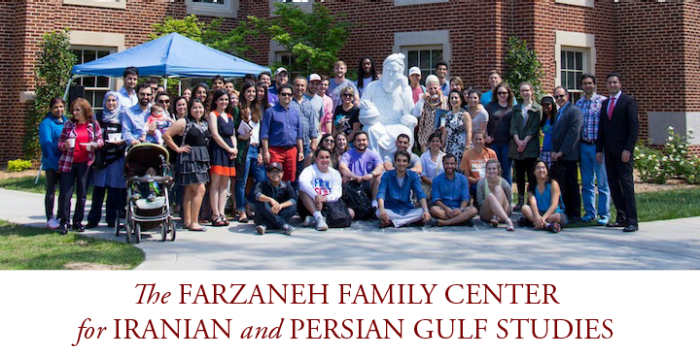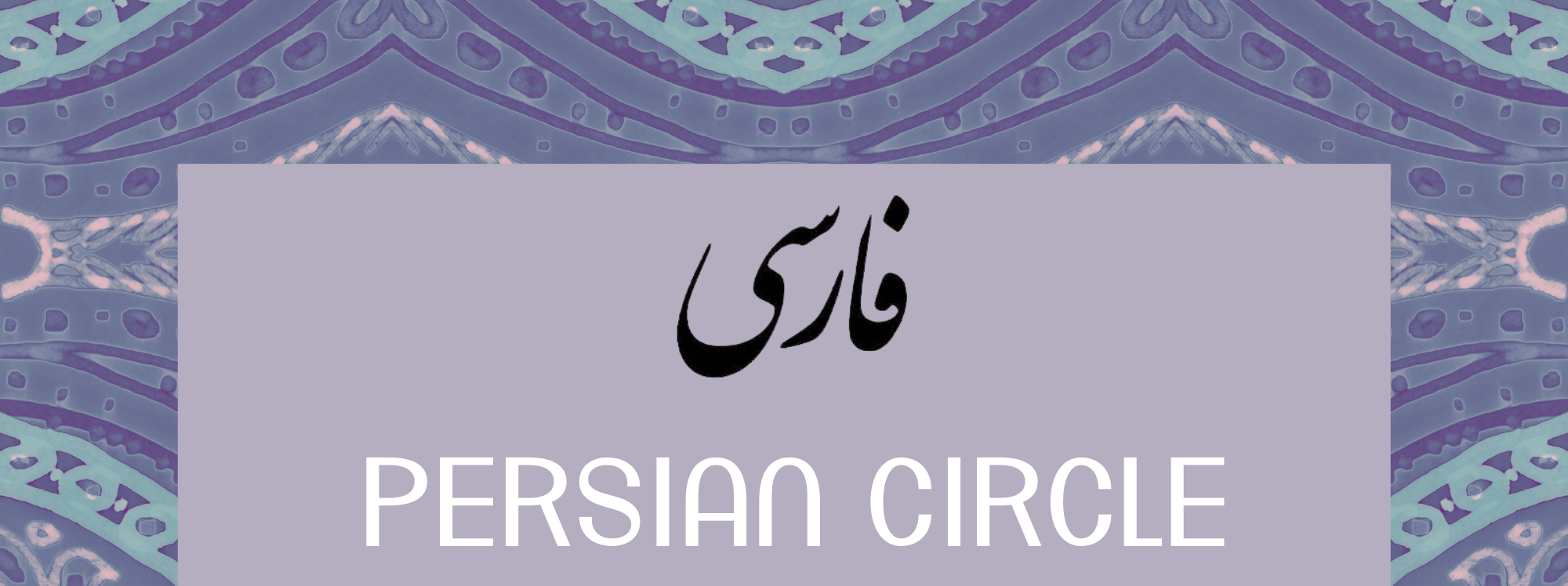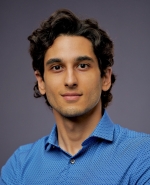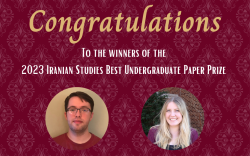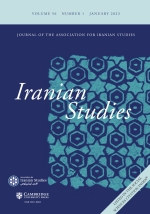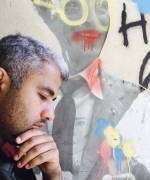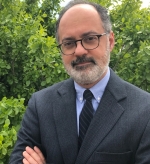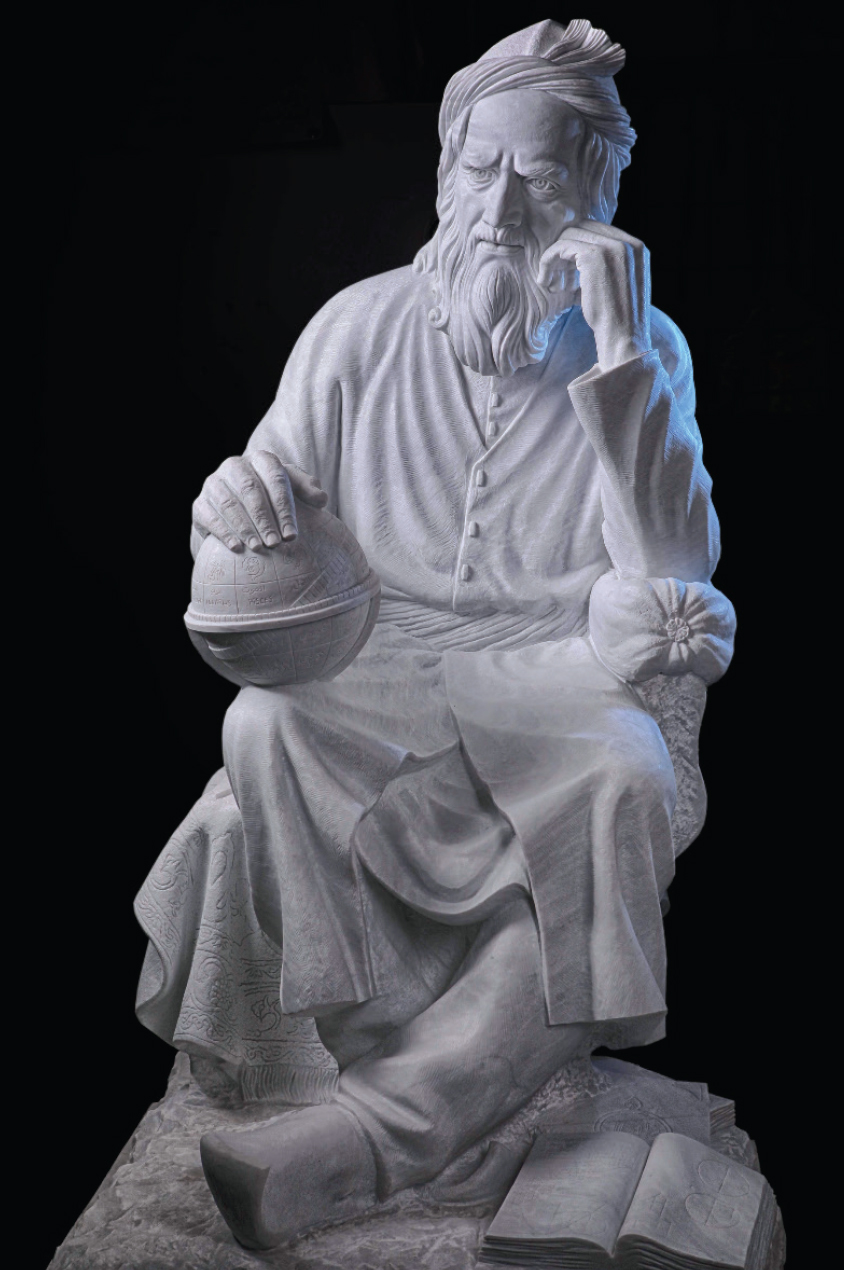First Place - $2000 Award: Kamran Talattof
"In Search of Religion and Dantean Moments in 'The Story of Mahan'"
Kamran Talattof compares the works of Nizami and Dante to provocative and exciting effect in this book chapter. His essay challenges the notion that Nizami's poems are primarily intended to promote Islam or Sufism. He argues that Nizami's use of religious motifs serves as allegorical constructs rather than direct expressions of religiosity. While both poets share an interest in mystical love and devotion, Talattof's examination reveals more differences than similarities between their works. Notably, Nizami draws on religious themes for literary purposes, whereas Dante's 'Divine Comedy' serves a different purpose- to aid the Bible. Talattof's profound understanding of classical Persian poetry shines through, making his detailed comparison between Nizami and Dante a valuable contribution to ongoing scholarly discourse and inviting critical engagement with literature, religion, and culture.
Second Place - $1000 Award: Farshad Sonboldel
"Margins, Resistance and Transformation in Classical Persian Poetry: Yaghma Jandaqi as Precursive Kernel of the Constitutional Revolution Poetry"
Farshad Sonboldel's remarkable article delves into the understudied substrata of the revolutionary poetry of the Iranian Constitutional Revolution. Sonboldel spotlights the oeuvre of Yaghma Jandaqi as the epitome of poetry informed by the voices of the subaltern, which begins to subvert the hierarchical poetics and politics of the 19th century, paving the way for nascent innovations in Persian poetry. The article's interdisciplinary approach and scholarly rigor promise to broaden Persian literary criticism's field of vision, particularly regarding the modernization and reformulation of poetic forms.
Third Place - $500 Award: Parisa Salehi & Ghodratollah Taheri
"Introducing 'Historical Literature' as One of the Persian Literary Genres by Relying on the Histories of Bal'ami, Beyhaqi, Jahangosha, and Wasaf"
Parisa Salehi and Ghodratollah Taheri's insightful article proposes a distinct genre in Persian literature, termed 'historical literature.' By re-examining the eminent histories of Bal'ami, Beyhaqi, Jahangosha Jovini, and Wasaf, the article highlights the remarkable interplay of historiographical and literary qualities in these texts. The authors compellingly argue for recognizing 'historical literature' as distinguishable from other genres, thoroughly analyzing its defining characteristics.
Normally, the Farzaneh Family Center awards only one prize. However, this year our judges determined that two additional articles merited recognition. Their decision was based on a careful evaluation of over 50 submissions. Our immense gratitude to our Prize Committee Members
Chair: Mina Raminsabet
Visiting Scholar & Professor of Persian Language and Literature, University of Oklahoma
Vice Chair: Marjan Seirafi-Pour
Farzaneh Family Persian Language Instructor, Director of Persian Digital Library, University of Oklahoma
Past-Prize Winner: Vahid Davar
Persian Poet, Researcher in the field of Persian Literature, University of St. Andrew

